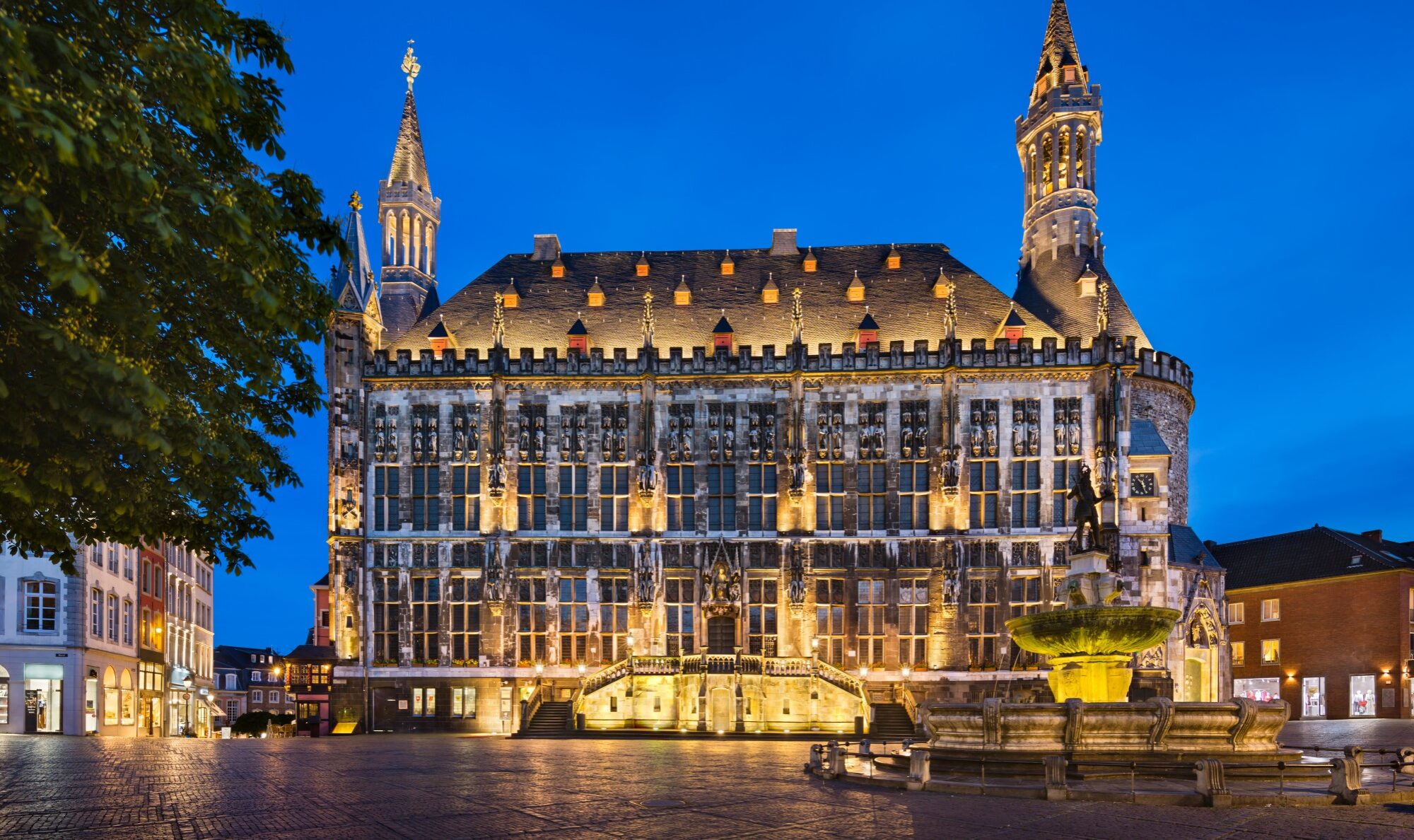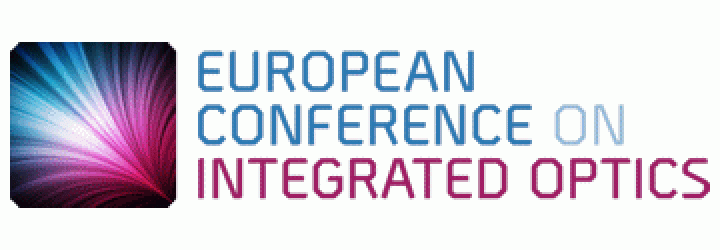Photonic lab-on-a-chip nanobiosensors for early diagnostics at the point-of-car – Presented by Laura M. Lechuga, Catalan Institute of Nanoscience and Nanotechnology (ICN2) at the 19th edition European Conference on Integrated Optics, which takes place on 3 – 5 April 2017 at Eindhoven University of Technology, Blauwe Zaal in Eindhoven, The Netherlands.
Motivated by potential benefits such as sensor user-friendly, multiplexing capabilities and high sensitivities,nanophotonic lab-on-chip biosensors have profiled themselves as an excellent alternative to traditional analytical techniques. Modern diagnostics is demanding novel analytical tools that could enable quick, accurate, sensitive, reliable and cost-effective results so that appropriate treatments can be implemented in time, leading to improved outcomes. The main objective of our research is to achieve such ultrasensitive platforms for label-free analysis using nanophotonic technologies and custom-designed biofunctionalization protocols, accomplishing the requirements of disposability and portability. We are using innovative designs of nanophotonic biosensors based silicon photonics technology (nanointerferometers) and full microfluidics lab-on-chip integration.
About Laura M. Lechuga
Her research focuses in the field of nanophotonic (nanoplasmonics and silicon-based) biosensors, their integration in portable lab-on-a-chip platforms and their application for diagnostics. She has more than 200 publications, eight families of patents, around 300 invited talks and has founded two spin-off companies. She is Associate editor of the IEEE Photonics Journal and of the J. Optics and Laser Technology.
About Catalan Institute of Nanoscience and Nanotechnology (ICN2)
The Institut Català de Nanociència i Nanotecnologia (ICN2 – Catalan Institute of Nanoscience and Nanotechnology) is a non-profit international research institute located close to Barcelona, Spain. Its research lines focus on the newly discovered physical and chemical properties that arise from the fascinating behaviour of matter at the nanoscale.The patrons of ICN2 are the Government of Catalonia (Generalitat), the Consejo Superior de Investigaciones Científicas (CSIC), and the Autonomous University of Barcelona (UAB). The Institute promotes collaboration among scientists from diverse backgrounds to develop basic and applied research, always seeking interactions with local and global industry. ICN2 also trains researchers in nanotechnology, develops numerous activities to facilitate the uptake of nanotechnology by industry, and promotes networking among scientists, engineers, technicians, business people, society, and policy makers.ICN2 was accredited in 2014 by the Spanish Ministry of Economy and Competitiveness


